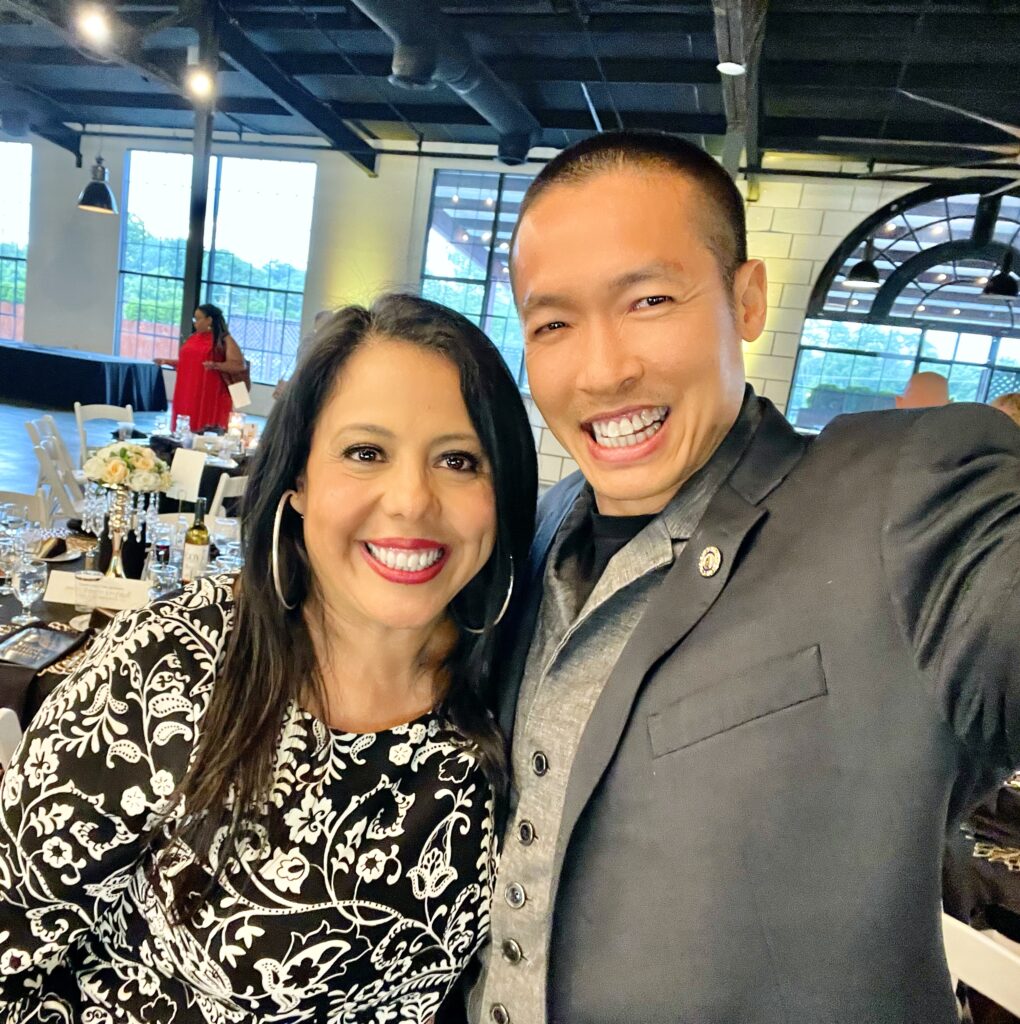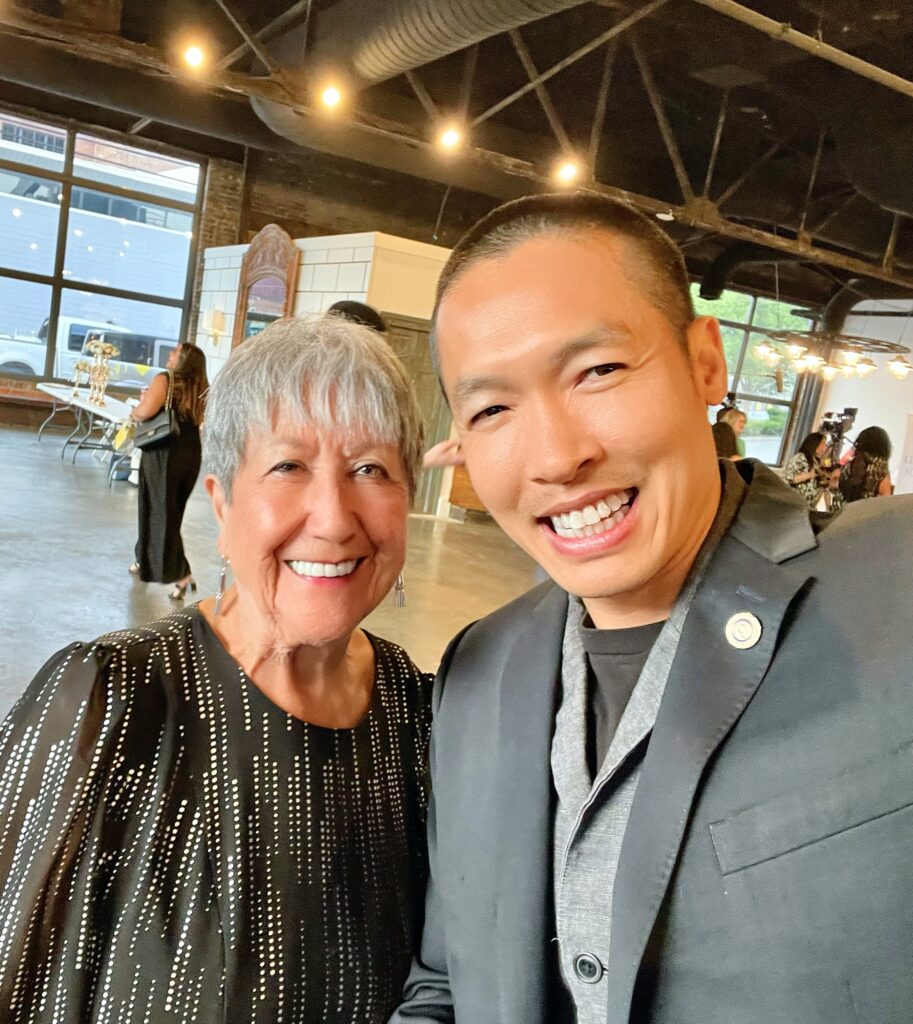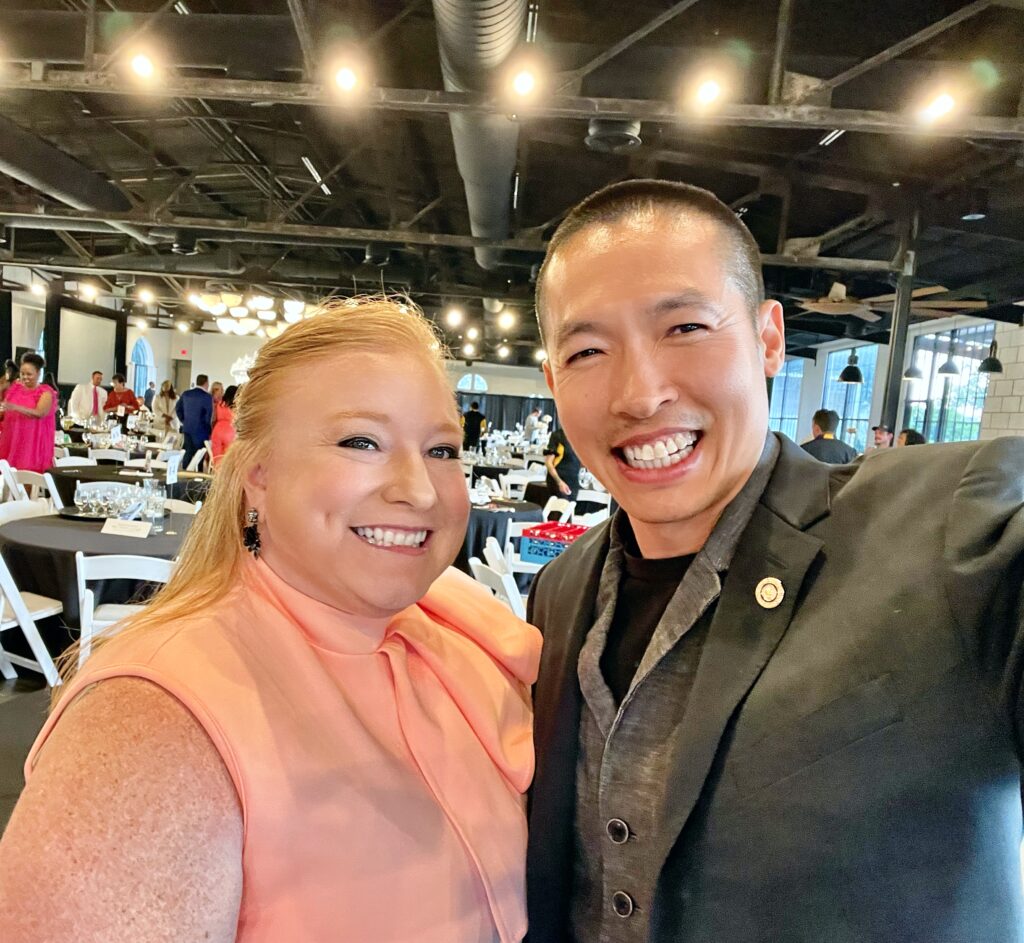Introduction
In the fast-paced world of today, the internal pursuit of self-discovery seems an ever-elusive goal. Di Tran, a distinguished author of influential works like “Drop the ME and Focus on the OTHERs,” “Guiding Lights: A Journey of Courage, Compassion, and Faith,” and the soon-to-be-released “Drop the FEAR and focus on the FAITH,” underscores the lifelong journey of understanding oneself. According to Tran, curiosity toward oneself is not just a pathway to self-awareness but a core drive that keeps us moving with purpose and motivation.
Curiosity and Self-Discovery
Di Tran’s reflection on the curiosity of knowing oneself offers profound insight into human nature. It’s about delving deep into the core of one’s existence, an ongoing exploration that Tran asserts takes a lifetime to master.

The Journey to Self-Understanding
In “Guiding Lights,” Tran writes about timeless wisdom amidst life’s convolution, suggesting that the winding path towards self-understanding is filled with lessons, hardships, and joy.
Curiosity Creates Purpose
Tran illustrates that the curiosity to understand oneself is about finding one’s unique place in the world. It’s about alignment with personal purpose, the driving force that guides daily life.
Purpose and Motivation
As detailed in “Drop the ME and Focus on the OTHERs,” purpose is the catalyst for motivation. Tran believes that curiosity fuels this purpose, leading to continuous growth.
Maintaining an Active Pace
An active pace is about maintaining a deliberate movement towards one’s goals. Tran’s works illustrate that this pace is nourished by curiosity and the desire to constantly learn.
Dropping the Fear
In his upcoming book, Tran emphasizes the importance of dropping fear and focusing on faith. By focusing on faith in oneself and the journey, one can keep moving without being paralyzed by fear or doubt.
Conclusion
Di Tran’s insights offer a nuanced perspective on personal growth. His works underscore the value of self-inquiry and how it fuels motivation, purpose, and an active pace in life. In a world that often pushes us to look outward, Tran reminds us that the most profound journey is within, filled with curiosity, discovery, courage, and unending growth. It’s a lifelong adventure that keeps us moving, ever curious, and forever evolving.























